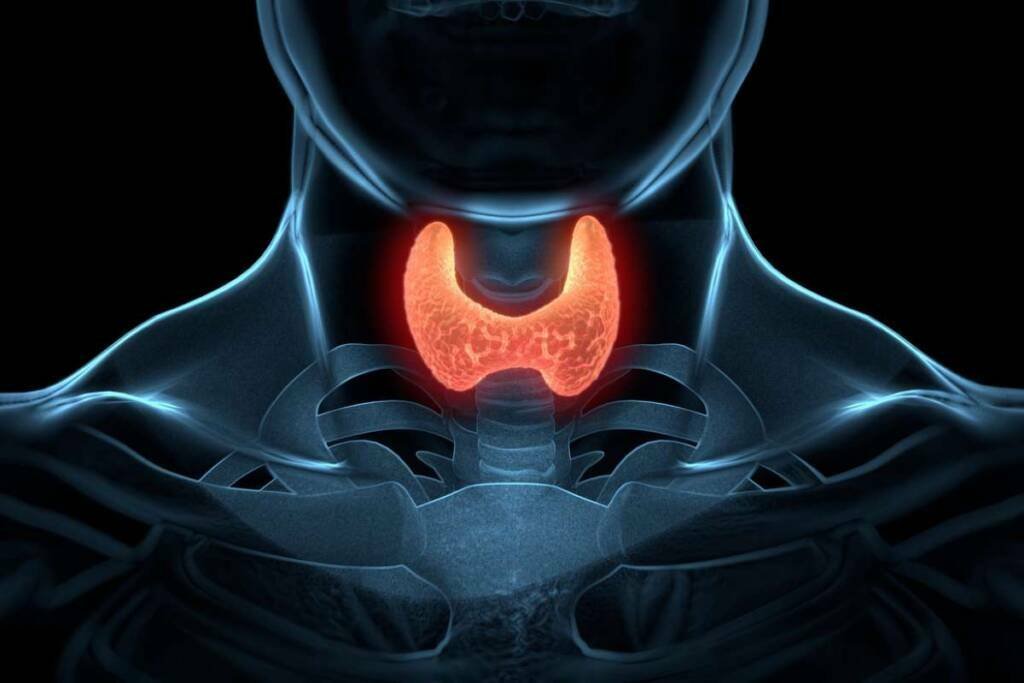Just a few weeks ago, Roche had expressed doubts about the feasibility of a Phase 3 study involving its RET inhibitor Gavreto for a specific type of thyroid cancer. However, Eli Lilly has now announced that its own trial of Retevmo, a similar drug, not only proved feasible but also yielded positive results.
In a recent development, Lilly revealed that Retevmo outperformed other targeted therapies, namely Exelixis’ Cabometyx and Sanofi’s Caprelsa, in preventing disease progression or death among patients with newly diagnosed RET-mutant medullary thyroid cancer (MTC).
The breakthrough was marked by a statistically significant and clinically meaningful improvement in progression-free survival (PFS), a key measure. This outcome has led to the successful accomplishment of the main objective of the Phase 3 LIBRETTO-531 trial during an interim analysis. The trial’s purpose is to provide corroborative evidence that can elevate Retevmo’s accelerated approval for MTC to a full approval.
Retevmo initially secured approval for MTC treatment in 2020 based on data demonstrating tumor reduction in both treatment-naïve and experienced patients. However, the FDA mandated Lilly to conduct a randomized trial employing PFS as a crucial secondary endpoint to validate the drug’s clinical effectiveness.
MTC accounts for a relatively small portion of thyroid cancers, constituting only 1% to 2% in the US. Notably, RET mutations are detected in 60% to 90% of MTC tumors depending on whether the condition is inherited.
The positive results for Retevmo come shortly after Roche, a prominent player in the field of oncology, revealed its decision to withdraw Gavreto, developed in collaboration with Blueprint Medicines, from the US market for RET-mutant MTC. Roche cited the impracticality of its Phase 3 confirmatory trial, AcceleRET-MTC, as the reason for this move.
Surprisingly, Roche’s AcceleRET-MTC study never progressed beyond the planning stage, even though the trial’s specifics were disclosed in February 2021. Gavreto had secured accelerated approval for MTC treatment three months before the trial details were disclosed.
In contrast, Lilly had unveiled its trial blueprint in late 2019, and the study officially commenced in February 2020, predating the accelerated approval of Retevmo.
Amid efforts to enhance oversight of accelerated approvals, the FDA’s oncology department recently urged drug developers to have their confirmatory trials well underway at the time of accelerated approvals. This measure aims to prevent instances where post-marketing commitments are not fulfilled, as seen in Roche’s case with AcceleRET-MTC.
Apart from its application in thyroid cancer, Retevmo has also demonstrated promise in treating RET fusion-positive advanced non-small cell lung cancer. In head-to-head comparisons, when used as an initial treatment, Retevmo surpassed chemotherapy, both with and without Merck’s Keytruda, in terms of progression-free survival.
Meanwhile, Gavreto’s own first-line trial for non-small cell lung cancer (NSCLC), known as AcceleRET-Lung, is still pending data release. Roche, owing to a subdued sales outlook, recently made the decision to return Gavreto to Blueprint.
Overall, Lilly’s successful trial with Retevmo showcases the potential of targeted therapies for challenging cancers, while Roche’s setbacks highlight the importance of thorough planning and execution in drug development and clinical trials.





























